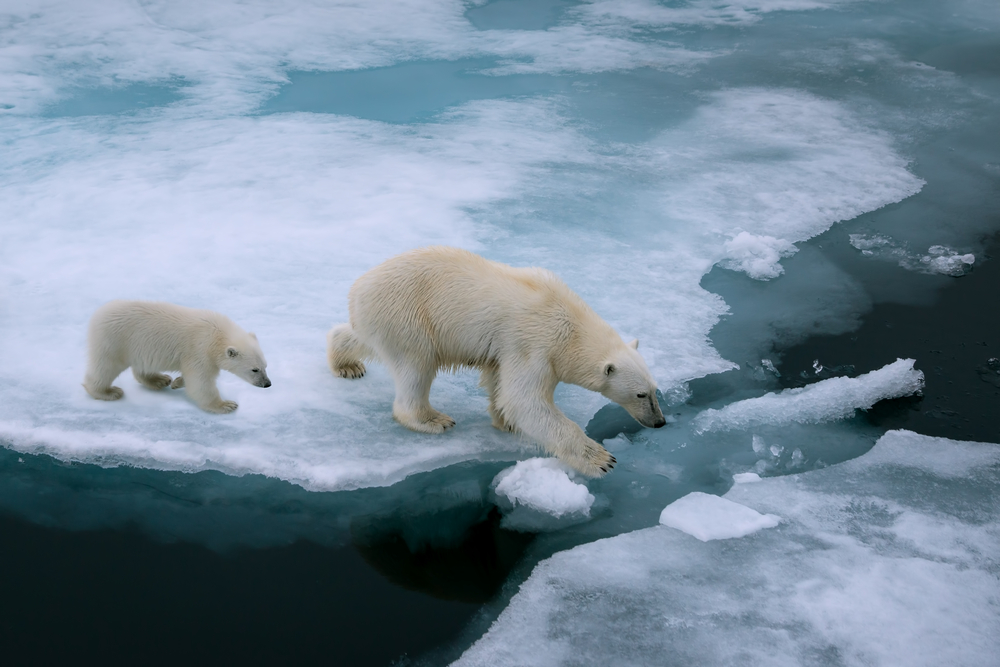President Donald Trump may not believe in man-made global warming, but government scientists have reported that 2017 was one of the warmest years on record — and the warmest one in which El Niño wasn’t a factor.
The Earth continued to warm in 2017, which, among other things, caused the Arctic to continue losing sea ice and permafrost and for the Eastern United States to experience an abnormally warm February. While government scientists weren’t united on whether 2017 was the second or third warmest year on record — NASA ranked it second after 2016, while the National Oceanic and Atmospheric Administration ranked it third after 2015 and 2016 — they agreed that it was the warmest year in which El Niño didn’t contribute to the heat records.
More importantly, scientists from both organizations agreed that 17 of the last 18 warmest years since 1880 had occurred since 2001, according to The New York Times. Overall, the Earth’s temperature has risen by 1.8 degrees Fahrenheit since that time period.
The main reason why 2017 wasn’t the warmest year on record is that it wasn’t impacted by El Niño, the warm phase of the El Niño-Southern Oscillation that occurs, on average, every two to seven years. According to the National Oceanic and Atmospheric Administration:
Typical El Niño effects are likely to develop over North America during the upcoming winter season. Those include warmer-than-average temperatures over western and central Canada, and over the western and northern United States. Wetter-than-average conditions are likely over portions of the U.S. Gulf Coast and Florida, while drier-than-average conditions can be expected in the Ohio Valley and the Pacific Northwest. The presence of El Niño can significantly influence weather patterns, ocean conditions, and marine fisheries across large portions of the globe for an extended period of time.
Despite the scientific reality of man-made climate change, President Donald Trump has repeatedly denied its existence and worked to undermine government efforts to address the problem. Under his administration, the EPA’s website removed resources for fighting climate change, attempted to use the power of government to limit climate change research and pulled America out of the Paris climate accord.
“The problem has been the fossil fuel industry is so well-funded that they, even these guys — I guess they’re mostly men — who have kids and grandkids, have lost sight of what the consequences of introducing the idea that scientific uncertainty, plus or minus a couple percent, is somehow the same as doubt about the whole thing, plus or minus 100 percent,” Bill Nye, the famous host of “Bill Nye the Science Guy,” told “Salon Talks” in October. “And that’s wrong.”

